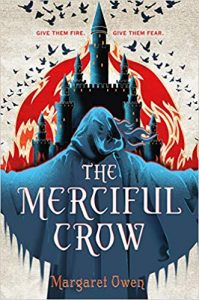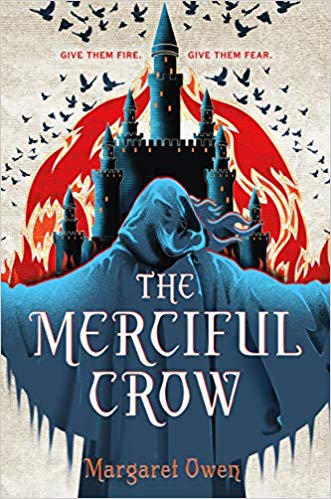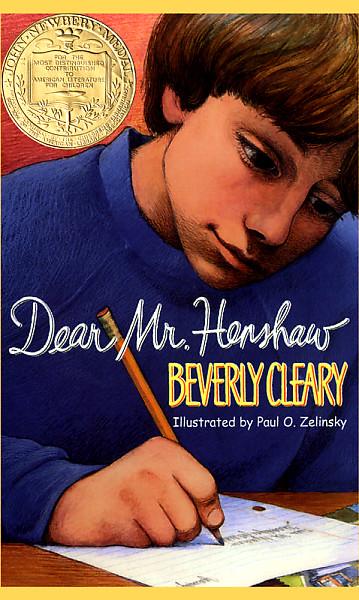 The Merciful Crow, by Margaret Owen, is set in a world where people live in castes. The Phoenix caste is the highest and contains royalty. Then there are the Splendid castes, the Hunting castes, and the Common castes. Each caste was granted a birthright by the gods – the Hawks can manipulate blood, the Peacocks can glamour others and create illusions, the Phoenixes can control fire. Every caste has a power.
The Merciful Crow, by Margaret Owen, is set in a world where people live in castes. The Phoenix caste is the highest and contains royalty. Then there are the Splendid castes, the Hunting castes, and the Common castes. Each caste was granted a birthright by the gods – the Hawks can manipulate blood, the Peacocks can glamour others and create illusions, the Phoenixes can control fire. Every caste has a power.
Except the Crow caste. The Crows were not granted a gift by the gods. Instead, the Crows must walk the earth and collect the bodies of those who are killed by the plague, or even kill the sufferers themselves if need be. The Crows are safe from this plague and bound to help prevent its spread by performing their sacred task. The other people of Sabor despise the Crows, but they call them when they are needed and pay them for their task.
Fie, the novel’s heroine, is a Crow. She is training to be a chief so that she can one day take over the duties of ruling a clan of Crows. Everything seems to be going as usual, until her family is called to take care of the bodies of two young lords. Fie quickly finds herself bound to a promise she didn’t make, a prince she didn’t choose, and a young man she didn’t ask to steal her heart.
You ever love a book so much that you start telling everyone about it? Like even people who are in the shower? That was me with this book, screaming at my family members over the water pressure about Crows and Phoenixes. Owen’s world of Sabor is immediately captivating, and her characters will grab you from the start. Fie is a great point-of-view character, and you’re rooting for her and her own the whole time, even when it looks like she might have made a mistake or two.
Jasimir and Tavin, the other main characters, are also wonderfully complex and interesting. I won’t spoil who they are in relation to Fie or each other; there are a few twists along the way that will keep you guessing. Beyond the main characters, Owen has also written examples of inclusivity.
High fantasy has historically not included mention of gay characters, though this trend seems to be shifting (I reviewed Lady Smoke, by Laura Sebastian, and she included several secondary and tertiary characters who were gay). In Sabor, everyone knows that the prince is interested in men, and it’s perfectly normal. In addition, I don’t think I’ve ever read a high fantasy book with a non-binary character who uses “they” pronouns, but Owen has seamlessly written one into her world without forcing any character to explain them to another character or the reader.
Yes, the plot is captivating, and yes, the characters are interesting, but Owen has also created an incredibly vibrant and fully formed world. When the Crows travel to villages to collect the dead, they receive a “viatik” as payment. Every other word in the book had clear origins, but I couldn’t figure out the derivation of this word. I sent Owen a tweet, and she happily supplied the answer, explaining that the Greeks left money with their dead as payment to Charon, Hades’ ferryman, which was called a viaticum, or “sustenance for the journey.”
Owen has taken the time to make Sabor a realistic and fascinating world, and it shows in her novel. I cannot wait to read the next installment. If you love high fantasy, like Lady Smoke, We Hunt the Flame, and To Kill a Kingdom, grab The Merciful Crow right now. This was one of my favorite reads of 2019.
A copy of The Merciful Crow was provided by the publisher, Henry Holt and Co., for review.



